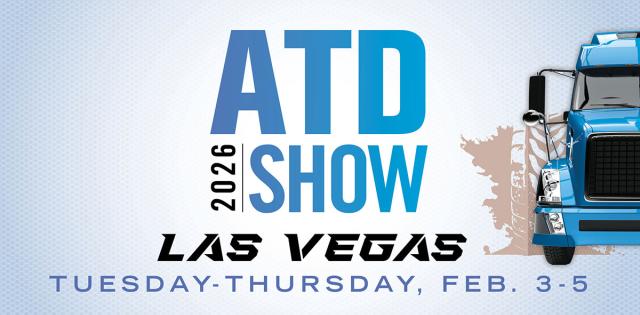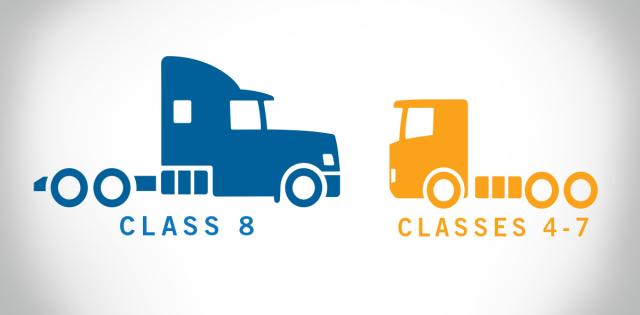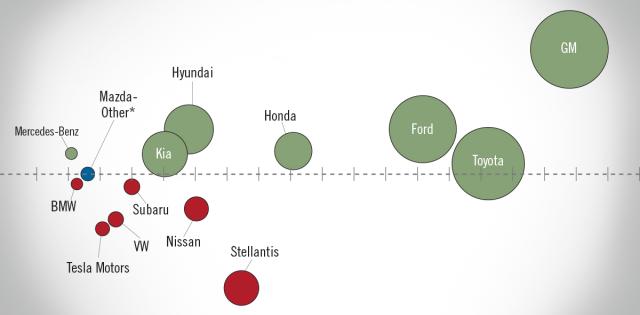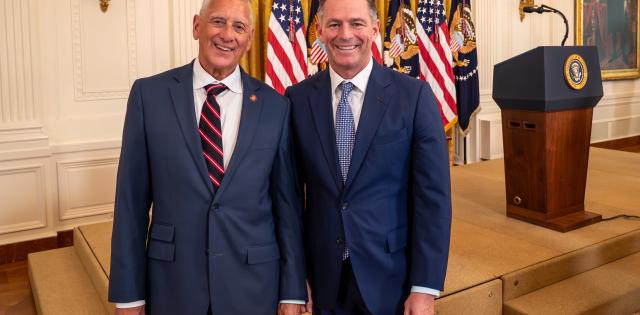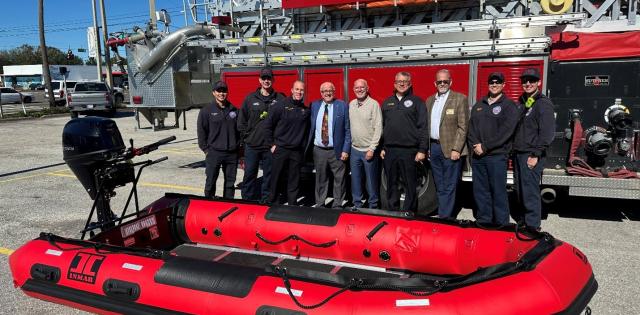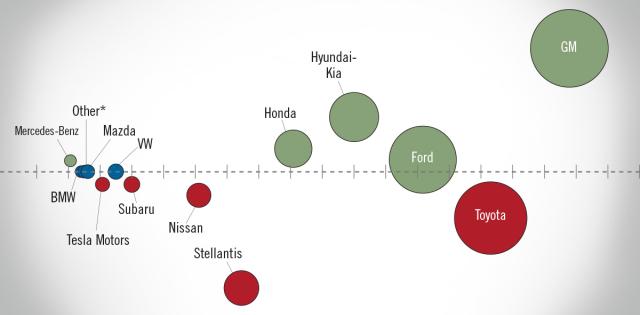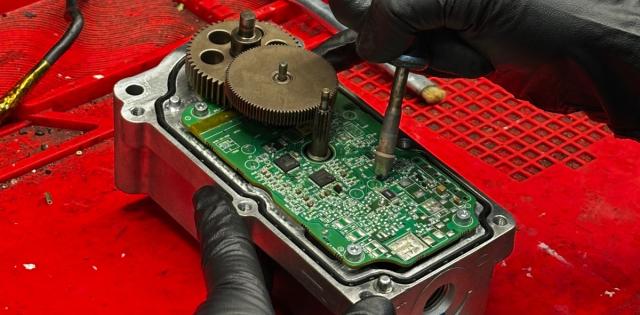Even in rural communities like Cartersville, Georgia (population 20,870), America’s franchised auto dealers are ready to assist customers with the transition to electric vehicles, according to Matt Laughridge, a local Hyundai/Genesis dealer.
“Franchised dealers are not only ‘all-in’ on selling and servicing EVs; dealers are essential to their speedy adoption by consumers,” Laughridge told the House Committee on Agriculture. Laughridge testified on behalf of NADA and rural auto dealers during the January 12 hearing entitled “Implications of Electric Vehicle Investments for Agriculture and Rural America.”
“Clearly, consumers trust their local franchised dealers to meet their individual transportation needs, so this expansive retail network is perfectly positioned to assist customers with the transition to electric vehicles,” Laughridge said, while noting that franchised dealers sold a total of 14.9 million new vehicles and 15 million used vehicles in 2021.
Dealers are Investing in an EV Future
Laughridge said he has already committed to spending $160,000 in upgrades at his two dealerships to prepare for future EV sales. “Obviously, the transition from ICE (internal combustion engine) vehicles to EVs will present challenges, especially in rural America where distances can be great,” Laughridge acknowledged.
One thing that would help, Laughridge said, is to make all publicly funded charging stations non-proprietary and standardize EVs so they could be recharged at any charging station. He also pointed out that, “Dealers are also committed to working with local utilities to help ensure that public charging is rolled out in an effective manner.”
State Dealer Franchise Laws Should Apply Equally
Laughridge did raise a note of caution against efforts to treat EVs differently when it comes to state dealer franchise laws. “[Any] assertion that EVs are significantly different from ICE vehicles is simply false,” he said. “We urge Congress to continue to preserve the states’ traditional role to license and regulate vehicle commerce by rejecting any attempts to preempt state dealer franchise laws.”
Laughridge’s assertion that consumers trust their local franchised dealer is borne out by research. A recent study by Escalent found that EV intenders and early EV adopters preferred the many functions of an EV purchase – including test driving, becoming educated on the vehicle and charging options, completing the transaction, and getting the vehicle serviced – be done in person. And local dealers are ready to help, Laughridge told the committee. “America’s franchised dealers look forward to helping usher in the next chapter of America’s automotive history by doing what dealers do best: selling and servicing automobiles that provide our customers with reliable and affordable private transportation.”


